Defining Different Types of Business Transformation
The business world is shaken by the repercussions of current events and those in the near past. With our economic conditions becoming more and more...
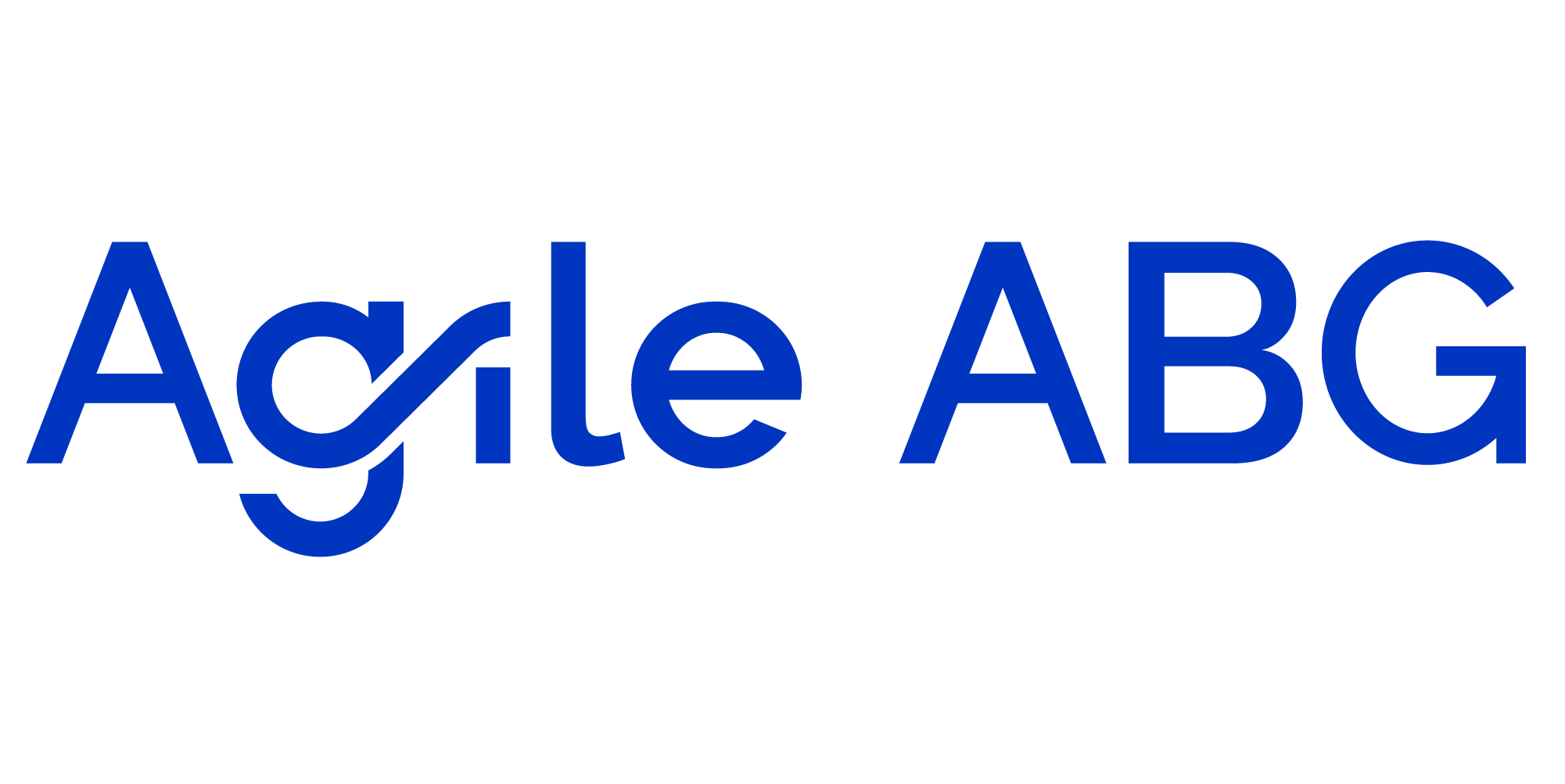
TOPO’s “2019 ACCOUNT BASED BENCHMARK REPORT” – which included 150 account-based organizations - showed that every participant reached or exceeded a 24% revenue growth, and 90% of the respondents said there is a better alignment between the sales and marketing departments, and they cooperate in a coordinated manner since they developed an account-based go-to-market approach.
Since 2019 the world has undergone big changes and digital development has accelerated.
We – at Infinityn – experienced it in the recent years that ABM can:
The years have also shown its weaknesses, ABM can often lack:
Customer success. Sure, ABM aligns marketing and sales beautifully, but customer success is a must. Customer success is crucial to ensuring your top accounts are served best, always.
At Infinityn – we believe that there is always room for improvement and after we overcome the weak points of ABM, we felt that a strategy upgrade is needed to move the needle for growth teams in 2022 and beyond.
What that upgrade may be?
Enter Agile Account-Based Growth.
Agile Account-Based Growth (Agile ABG) is a framework for B2B enterprises that helps ensure revenue grows steadily, consistently, and predictably. While many enterprises look to ABM to achieve revenue growth, human touch, timing, ease of implementation, and alignment with customer success still lacking. For that reason, B2B marketers are aiming to create the next generation of ‘account-based’, one that goes beyond even ABM.
With Agile ABG, the next generation of ‘account-based’ is finally here.
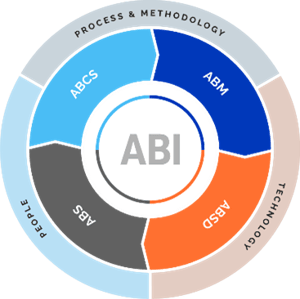
This framework encompasses and impacts the entire funnel from research and intelligence to marketing, sales, and customer success.
These various business components are finally tied together under one strategy to ensure a holistic revenue-growth outcome, especially for organizations that have high-value products with longer sales cycles, technology-driven solutions, and enterprise-sized target clients.
This orchestrated process utilizes 5 “Account-Based” functions (intelligence: ABI, marketing: ABM, sales development: ABSD, sales: ABS, and customer success: ABCS) at every stage of the account lifecycle.
Agile ABG is more than just a sum of the 5 functions.
Instead, a unique synergy is created when each component is unified. Together, this framework will ensure that the right conversations are happening at the right time, which ultimately helps fill your pipeline with the accounts that matter most. Those accounts get an outreach in a way that truly resonates with them. You’ll know straight away who’s ready to buy, who needs a bit more time, and who is not fit for your account list - no time wasted. The accounts that you serve best will be nurtured for advocacy and repeat business.
The goal of Agile ABG is to create a bigger picture of account-based practices and expand on areas where ABM, and B2B sales and marketing processes in general, are lacking.
As indicated, ABI, ABM, ABSD, ABS, and ABCS together make up the Agile Account-Based Growth framework.
Each of these “Account-Based” functions or teams also has a key word that describes their purpose as a component in the greater framework.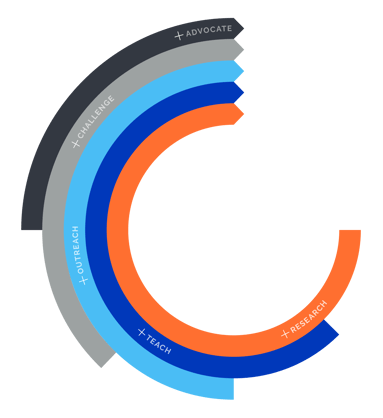
ABI (Account-Based Intelligence) =“Research”
ABM (Account-Based Marketing) =“Teach”
ABSD (Account-Based Sales Development) =“Outreach”
ABS (Account-Based Sales) =“Challenge”
ABCS (Account-Based Customer Success) =“Advocate”
Not only can these components stand individually and independently from one another, if need be (for example, the “Research” stage can be a standalone function/service in itself), but they are also steps in this process that can be unified to create synergy in generating demand as a whole.
The 5 components together create an end-to-end process which is illustrated in the form of a flywheel to represent the stages of the Agile ABG buyer journey.
Despite some slight differences from business to business, the important thing, all in all, is that the components always work in harmony with your revenue goals. In terms of structuring the components - the sky’s the limit, and there are endless possibilities when it comes to combining the 5 parts.
To get an idea of how each component contributes to the Agile ABG framework, as well as to understand how the individual components could benefit alone or together with your organization, you can find additional detailed information below:
The “Research” function is the information-based beginning of the Agile ABG framework and also acts as the constant support to the whole Agile ABG process.
The goal of this function is to build a foundation of data-driven insight to set the rest of the process up for success. ABI researches any relevant information that could help distinguish the account and its importance from the rest. Creates visuals, such as the Opportunity Heatmap, so that data is neatly and concisely laid out for easy understanding.
ABI supports this sales journey by mapping out the sale funnel for fruitful close, to ensure the ease and clarity of known information about opportunities to stakeholders of this journey.
The “Teach” function is the marketing and awareness stage of the Agile ABG journey.
The goal of this function is to inform, educate, familiarize, and build trust. Data from the ABI team will be used to start exposing top accounts to your brand, leveraging marketing assets with an account-based mindset. Advertising campaigns will take place and marketing materials will be chosen based on the account's firmographic data and where it stands in the buying journey.
The “Opportunity Heatmap” from the previous phase allows ABM to master this personalization and expose only the most relevant content to truly warm up the account for the later buying journey. Marketing should truly support sales to set the stage for success, and in the ABM function, is where this will exactly occur.
The “Outreach” function is part of the Agile ABG journey that opens doors to new business and best conveys the ‘human touch’ element that sets this framework apart from the rest.
The goal of this function is to shortcut unnecessary areas of the sales cycle by reaching out and having genuine conversations with relevant prospects to reveal their true needs and desires, and to establish real relationships that allow you to become a trusted professional.
This is where actual bonding takes place - where prospects are not only prospects, but individual people with interests, personalities, goals, plans, dreams, hardships, pains, wishes, sense of humor, particular communication style, organizational preferences, and much more. These aspects are not ignored merely to hit numbers, rather, the ABSD function utilizes these human aspects to provide value and assess how the service can be delivered in the best way possible, according to their specific situation.
Because a sturdy foundation has been laid down by ABI and ABM, the Outreach team can have relevant conversations immediately without wasting time. This function will open doors and prime the target account for a later close.
The “Challenge” function of the Agile ABG framework is where strategy and fine-tuning come into play to close the deal and provide the most value.
The goal of this function is to close, upsell, and cross-sell by applying psychology, neuro-linguistic programming, sales strategy, buyer-centricity, communication tactics, the ‘Challenger’ approach, and Sense-Making approach to the Agile ABG process to close the sale and get new clients under your wing.
Here is where strategic choices are key, and where persistent, creative, empathetic, tactful, passionate, and engaged sales professionals bring the prospect to the end of their buyer journey. The result will be a happy client that is galvanized into leveraging your solutions and looks forward to repeat business.
The “Advocate” function is the segment of the Agile ABG journey which focuses on loyalty, satisfaction, and continued delivery.
The goal of this function is to provide extra services that were initiated in the ABS phase, thus aiming higher and going the extra mile through consistent value-add. If all goes well in the previous steps, the client will feel urged to include your organization in more projects of theirs, due to their trust and reliance on your work. Through this, further projects, extra services, and other offerings will be booked and KPIs will be created. The ABCS team ensures that these KPIs are met and that these ‘side projects’ always act as the cherry on the cake to provide the polished, finishing touch to an overall fruitful relationship.
When this stage is successful and the client has a trusting relationship, the cycle of the flywheel starts again from the beginning and continues onward, repeating as long as needed. The client will then spread your brand through word of mouth, and they will act as a patron of your services and an advocate to other organizations who are considering purchasing the type of offerings you provide.
All in all, you’ll not only continually build upon your current client relationship to create an infinite buyer lifecycle, but you will additionally create an advocate for your organization which will increase the likelihood of additional interest from the client’s trusted network.
The “Advocate” function is eventually weaved into the entire flywheel. The idea is to continue the buyer journey continuously, which allows ABCS to flow back over into ABI, ABM, ABSD, and ABS. Through this, a holistic alignment takes place throughout the entire lifecycle, and the client can rest assured knowing that they are continuously served best by a trusted organization.
When the five components come together to make for one unified, holistic process in your organization, you’ll notice that you’ll gain:
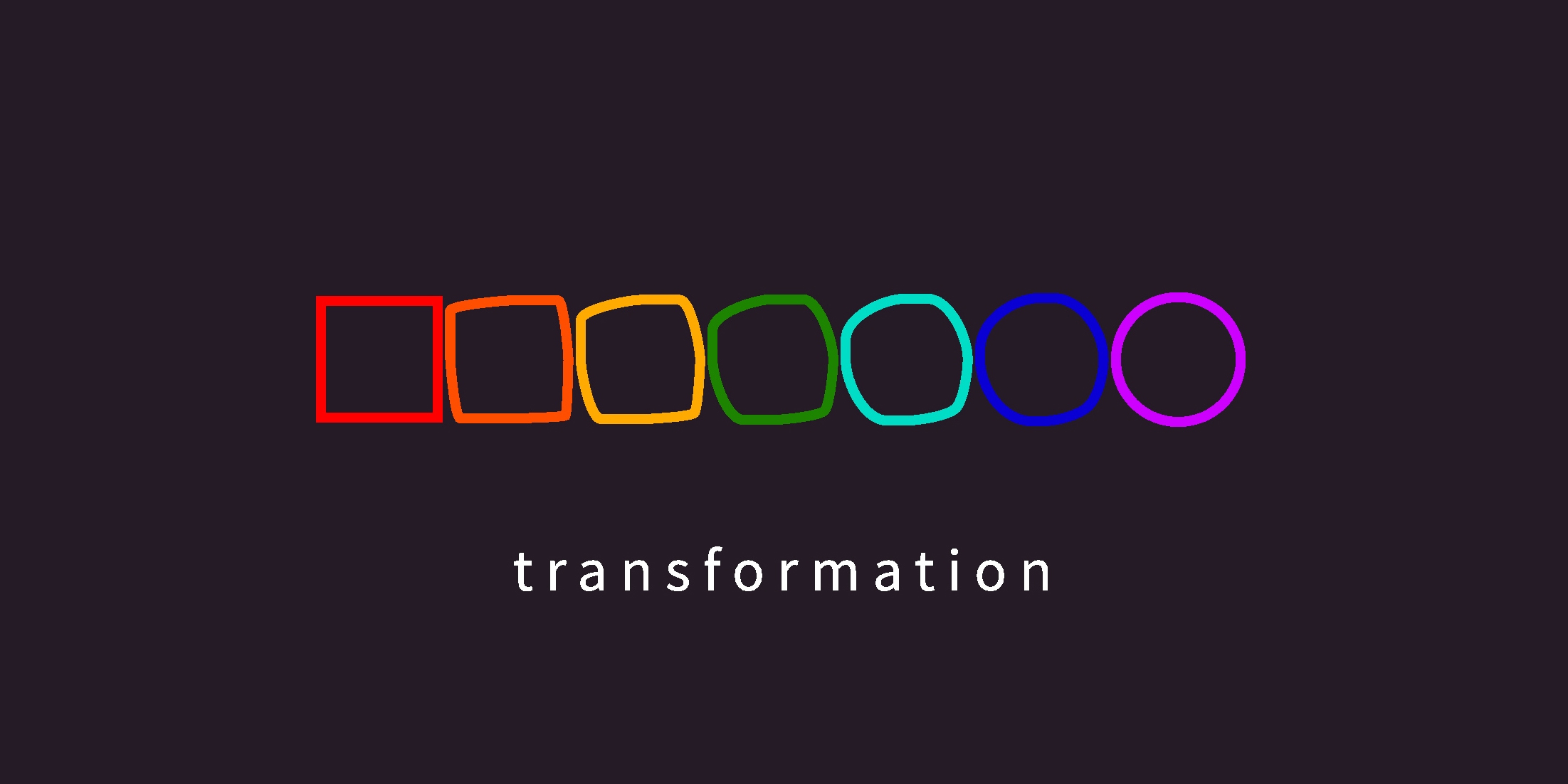
The business world is shaken by the repercussions of current events and those in the near past. With our economic conditions becoming more and more...

The beginning of the 2020s most definitely meant the beginning of a new era in many regards, including the world of business. Although exceptionally...

Discussion on how some technology enterprises are capitalizing on the downturn.

What we call agile account-based marketing (AABM), is a newly emerging discipline. As such, the industry of marketing service providers - agencies...

Spam isn’t just unwanted email. It’s any uninformed, irrelevant interaction. It wastes your time and money. And annoys the buyers you were hoping to...
%202.jpg)
Marketing goes beyond promotion. Marketing is creativity, profound planning, understanding of your audience, analysing data – especially nowadays,...
Introduction The turmoil of the last few years appears to have reached new heights, as inflation, the energy crisis and the remnants of the global...

The industrial sector seems to experience major lags regarding digitalization and automation – the latest trend that is currently defining the...
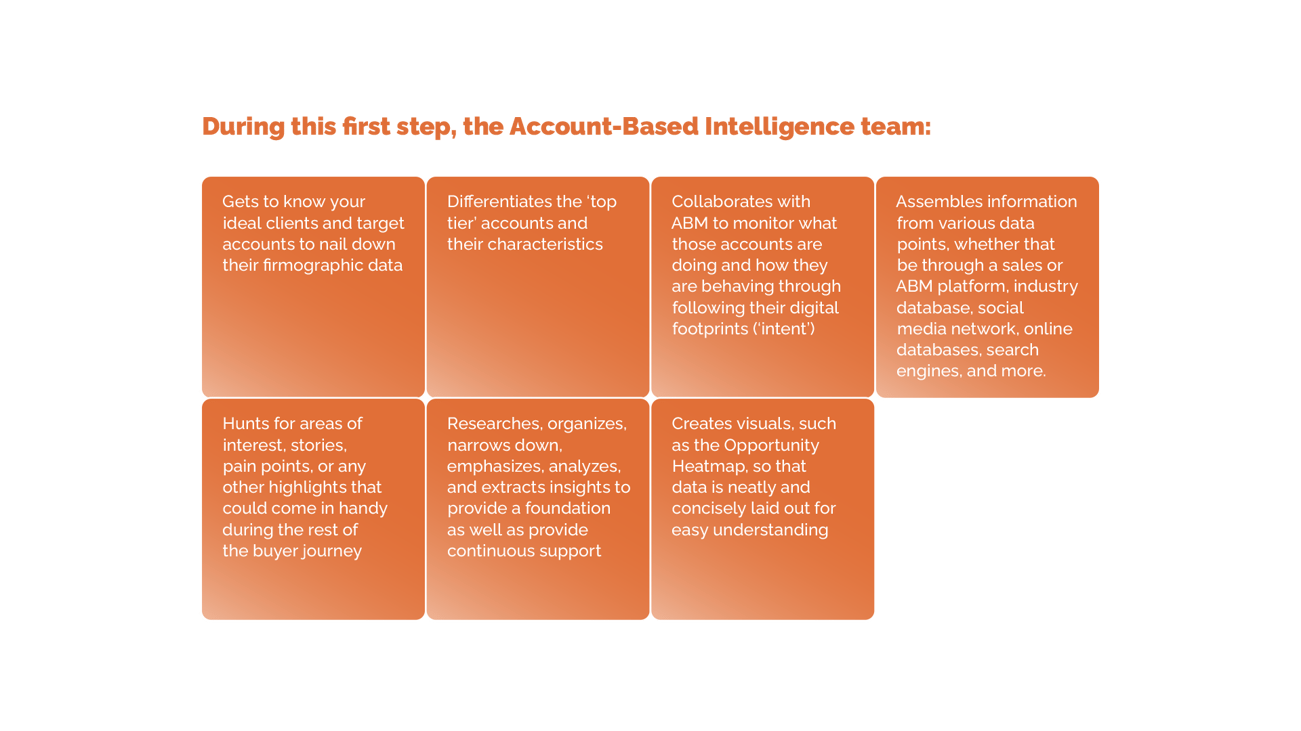
“Every company wants to increase revenue.” That’s a pretty safe and agreeable statement to make.

Businesses across different sectors and industries are facing hardships amidst the economic haze that has been looming over the world from the...

What’s the philosophy behind the technology of the most successful ABM programs? Answering this question was not the original intent when we set out...

If you’ve clicked on this article, there’s a fair chance you are considering outsourcing your sales, marketing, customer success and overall revenue...